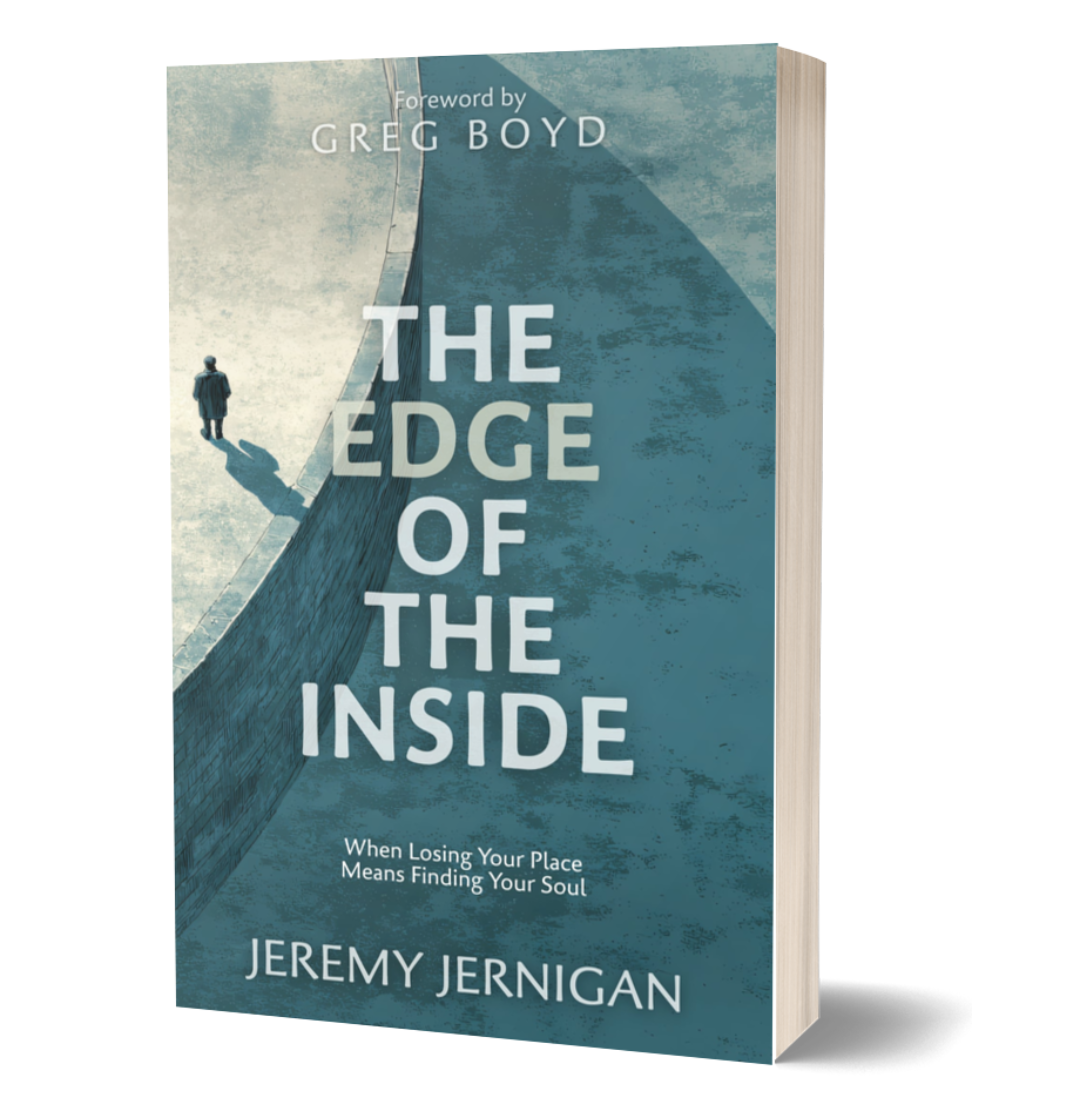Learning is a Team Sport

Author and podcaster Jill Sirianni says that “Learning always happens in relationships.”
This tends to be more obvious when we’re younger. Children learn from parents. Students learn from teachers. Teammates learn from coaches. Our whole existence is one giant game of “monkey see, monkey do."
But as we get older, something shifts. Many of us stop expecting to learn from the people in our lives. We assume we’ve “figured out” how the world works, and so our conversations become less about curiosity and more about confirming what we already believe. The dinner-table debates that once stretched us into new territory are replaced with the safe comfort of like-minded agreement.
Last week, Michelle and I started making a short video series for social media called "Jer, I have a question." She asks me theological questions in a more casual format, and we briefly discuss them. These videos have sparked numerous debates among people in my comment section, which I've been following to great amusement. It turns out you can notice someone's posture pretty quickly.
As I was writing this blog post, I came across a perfect example of how to close yourself off to learning anything from the people around you. After going back and forth with another user, one commenter finally said this:
"You don't believe God's Word. Thanks for making this easy. Our conversation is over."
What a small world to live in.
I can't imagine deciding that unless someone began a conversation with the same conclusion I have arrived at about the Bible, we didn't have anything to discuss. When I clicked on this person's profile to find out more about them, it says this: "The only sexual relationship God instituted is 1man1woman in a holy marriage." And we wonder why people are wary of Christians. I don't imagine this guy is open to learning much from the people around him. My comment section certainly indicates he's not.
We forget that the people around us (friends, coworkers, neighbors, even strangers) are still potential teachers. We often overlook the wisdom that can be found in the everyday interactions we take for granted. And in doing so, we miss out on one of the most powerful catalysts for growth God has given us: each other.
The Apostle Paul connects this idea directly to how we experience the Gospel and help others experience it too. In his letter to Timothy, he gives him this advice: "You have heard me teach things that have been confirmed by many reliable witnesses. Now teach these truths to other trustworthy people who will be able to pass them on to others" (2 Timothy 2:2). Learning happens in relationships.
It helps if we intentionally put ourselves in an environment with an expectation of growth. A (healthy) church community can function this way. It's also why I love the interactions I have with the members of our online community. We get to learn together in real time, and I gain so much from hearing their insights and experiences.
In fact, one of them recently shared something we are learning together from our current book study (our next one begins on September 1st). In the book Faith After Doubt, Brian McLaren talks about four stages that people can go through in their journey with God. One member of our community found themself thinking about this as they attended a worship service and were critical of a line in a worship song. But as they thought of all the reasons why the line in the song bothered them, they also started thinking about the stages themselves. Then they described something in them shifting.
"I looked at the people around me with their eyes closed and hands raised. Whether they understood the phrase or not, they were experiencing something, something that I used to experience. I found myself observing with a different point of view. I realized I didn’t have to participate, I was still critical of the lyrics but I could still stand with them, sing with them, maybe even harmonize. Was I glimpsing stage 4?"
I keep thinking about this story because I often find myself in the same predicament. It's common for me to be in the middle of a worship service when something will ping my radar, and then I'll get stuck on it. Hearing how someone else found a healthy way to navigate this moment in their life was hugely beneficial for me. This experience took a profound idea I read in a book and added a relational learning aspect that resonated much more effectively.
You can Google the answer to many questions you might have. But you can't Google yourself into good theology. That takes conversation and nuance and discussion. There's a difference between Googling how to fix a plumbing issue and having a conversation with a plumber about it (or someone who has personally learned how to fix their own plumbing issue). You might be able to solve the immediate problem with a Google search or a YouTube video. But you'll learn a lot more in a relational conversation. I joke that one of my mentors saved me ten years of time by not having to work out all the ideas on my own through books.
So let’s make it personal. Who are you learning from today?
Not just the people you agree with or the ones who tell you you’re doing great. Who are you asking to challenge you? The kind of challenge that makes you squirm a little, that forces you to wrestle with your own assumptions.
And maybe most importantly, who are you inviting to push you to become better? Not just better at your job or your hobbies, but better at being human. Who is helping you become more patient, more gracious, and more curious?
Because if learning always happens in relationships, then every conversation, every disagreement, and every shared laugh has the potential to become holy ground.
The question is whether we’ll be humble enough, and brave enough, to stand on it.
Photo by Priscilla Du Preez 🇨🇦 on Unsplash
Sign up with your email and never miss a post!
We hate SPAM. We will never sell your information, for any reason.





